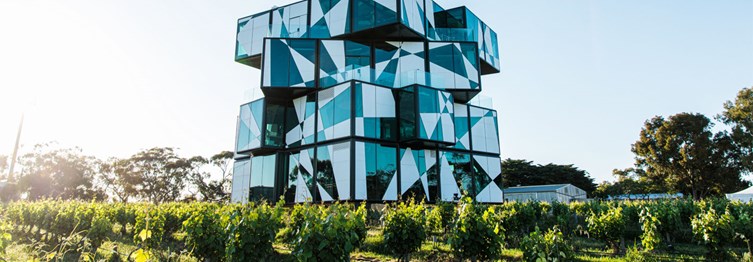Your super milestone
What is your super milestone?
Section Heading
Birthdays, a new job, getting married, babies, divorce, kids growing up…we know that life is busy. With so much else happening, it can be easy to overlook your super.
Taking a little time now to set your super on the right track can make a big difference to what’s in your pocket at retirement. Read the information below for some tips for you to consider.
Section Heading
Starting out
Ben, 22. "I'm just enjoying each day!"
-
Can you save by combining your super accounts?You may have had a few part-time jobs before this one, with a handful of small superannuation accounts. That summer at the café and other odd jobs. Those super accounts are still your money and you may be paying multiple sets of fees!
Consider consolidating all your super into one account. This can save on wasted fees and make it much easier for you to keep track of going forward. Taking 10 minutes now to combine your accounts could save you thousands in the longer term. Before you consolidate, get the full picture. Ask your super provider for information about any fees or charges that may apply, or any other information about the effect this transfer may have on your benefits, such as insurance cover, before deciding.
If you wish to claim a tax deduction for personal super contributions, you must lodge a notice of intent to claim a tax deduction with your original fund before you consolidate your super into another fund. -
What investments are a good match for you?
Your super will be invested for a long time, so you need to have the right mix of assets working for you to get the best returns. When starting out, options with a higher growth assets may be more suitable for you1, as you will have time to recover from the ups and downs of the investment markets.
A good starting point is to use our Risk profiler. This can help you answer some important questions about when you plan to retire, and how you feel about risk. From there, you can consider which of the Super SA investment choices suit you. If you are still unsure, you could consider talking to a financial adviser. -
Can you save any extra?
Thanks to the effect of compounding (where you earn investment returns on your investment returns), putting away small amounts over a long time can help you boost your savings. Starting a good regular savings routine when you are young means you won’t need to make as many sacrifices later to try and catch up.
You may also qualify for matching contributions from the Commonwealth Government’s Co-Contribution Scheme.
Section Heading
Working Years
Emily, 32. "My family time is precious"
-
How are you tracking for retirement?
You’re working hard, so you want to ensure that you are doing everything you can to make your efforts pay off in retirement. With just a few clicks, the Projection Calculator can help you estimate what super you could have at retirement, and let you see how putting in extra contributions can change the outcome.1
Women also face unique challenges which can make it difficult to build up enough super. Super SA is committed to giving women the tools to take control of their super and gain financial independence. Head to Women and super to start your journey.
-
Are you adequately covered?
Unfortunately, the unthinkable can happen. What would it mean for you and your family if you died or got sick and couldn’t earn an income? Your latest Annual Statement (available in the member portal) will show you any insurance cover you might already have as part of your super. Take a look and think about your financial obligations – does the level of cover need adjusting?
-
What happens to your super benefits if you die?
If you die, your Super SA entitlement will be paid to your surviving spouse. However, if this is not your preference, you can nominate a legal personal representative (estate) so that your death benefit will be paid to your estate and distributed according to your Will. This is particularly important to keep in mind if you’re separating from your partner or in the process of finalising a divorce.
If you do not have a spouse, the entitlement will be paid to your estate. Either way, it’s important to make sure your Will is up to date.
Section Heading
Nearing or at retirement
Bill, 57. "More time for me"
-
How can you keep building?
Hopefully there’s a bit less pressure on the household finances now, so you could consider increasing your contributions to super. If you are a Triple S member, you can salary sacrifice as much as you like2, this may give you some tax advantages.
-
Could a TTR help me reduce my hours but keep the same income?You could even start thinking about working less and having more time to live your best life, even before you retire. Read about the Transition to Retirement arrangement, where you could start accessing your super to while still working.
-
Where can I go for retirement planning advice?
You might find it helpful to do some more formal retirement planning with a licensed financial adviser. If you don’t have an existing relationship with a planner, you can contact the Financial Advice Association Australia and access their “Find a financial planner” service to locate an FAAA member near you. They can review your circumstances and suggest strategies to help you reach your goals. If you are planning your retirement as a couple, you may wish to discuss your contribution decisions together to ensure you are optimising your super savings and any available tax concessions and rebates.
Section Heading
2 Subject to lifetime contributions cap of $1.78 million applies in 2024/25.

